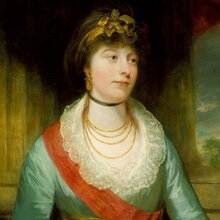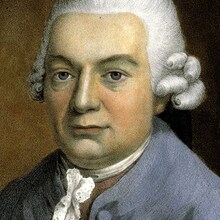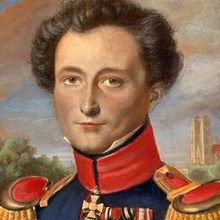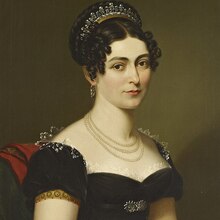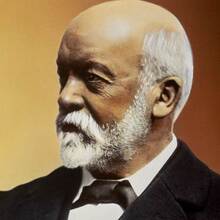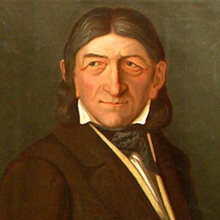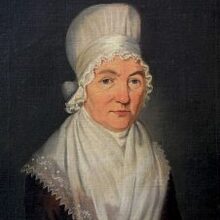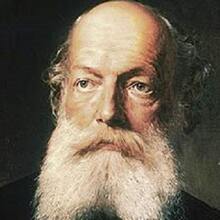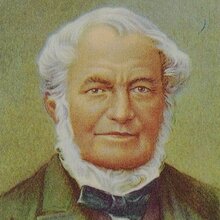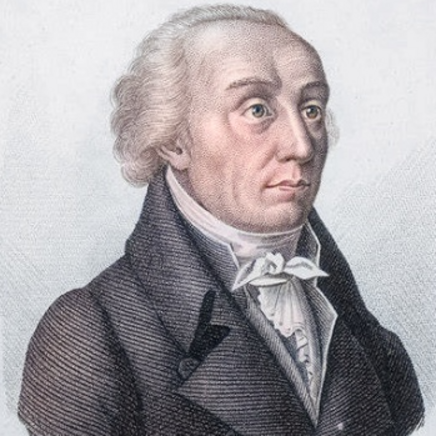
Personal
Other names:
Job / Known for:
Anthropologist and naturalist
Left traces:
Classification of human races
Born
Date:
1752-05-11
Location:
DE
Gotha, Saxe-Gotha-Altenburg, Holy Roman Empire
Died
Date:
1840-01-22 (aged 88)
Resting place:
DE
Death Cause:
Old age
Family
Spouse:
Henriette Dorothea Seidenfaden (m. 1783)
Children:
Karl Friedrich Blumenbach (1784-1864), Heinrich Blumenbach (1787-1817), Auguste Blumenbach (1791-1869)
Parent(s):
Heinrich Blumenbach and Charlotte Eleonore Hedwig Buddeus
QR Code:
 My QR code:
Johann Friedrich Blumenbach
https://DearGone.com/11260
My QR code:
Johann Friedrich Blumenbach
https://DearGone.com/11260
Key Ownner:
Not yet supported by key owner
Show More
Rank
Users ranking to :
Thanks, you rate star
Ranking
5.0
1
Fullname
Johann Friedrich Blumenbach
Slogan
The human species is one and indivisible
About me / Bio:
Show More
Article for Johann Friedrich Blumenbach
Died profile like Johann Friedrich Blumenbach
Comments:
